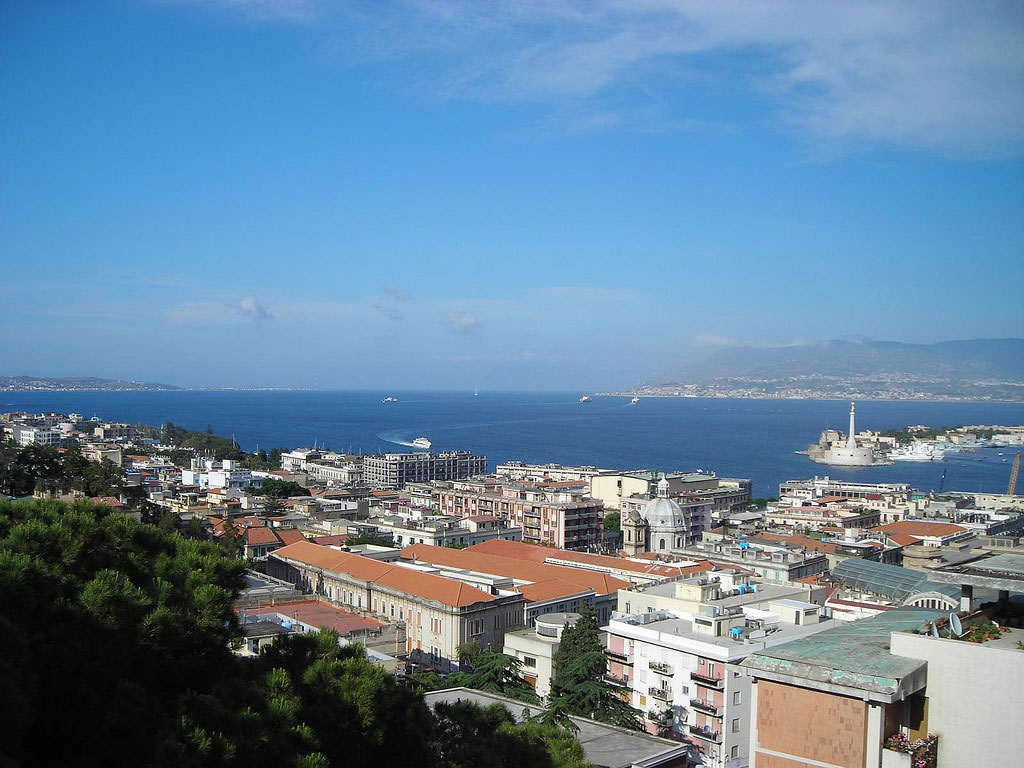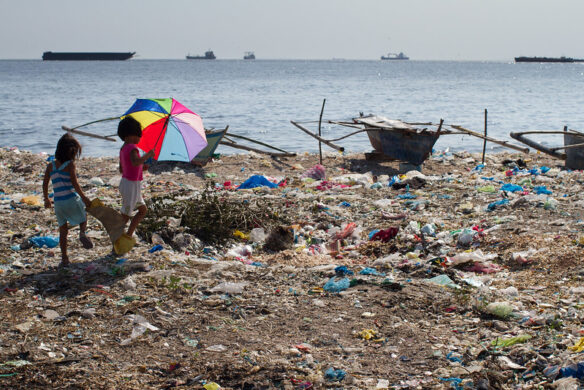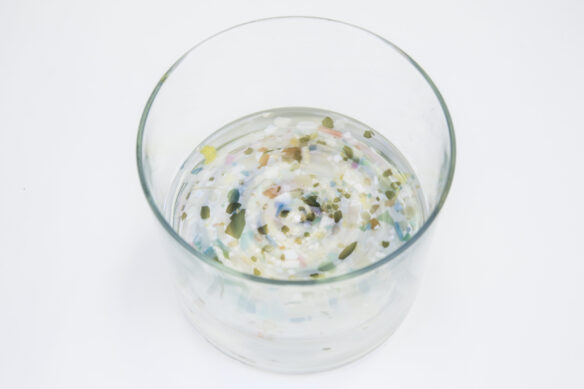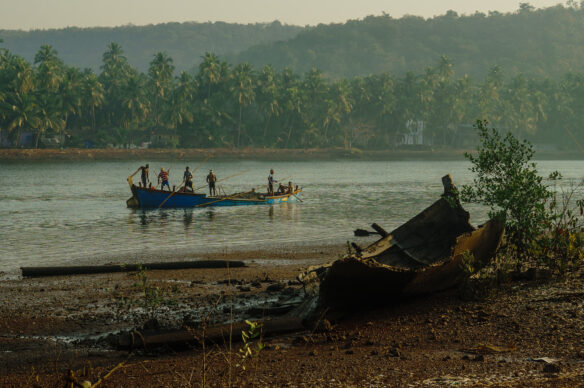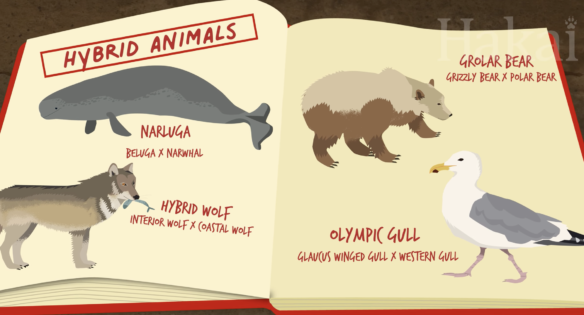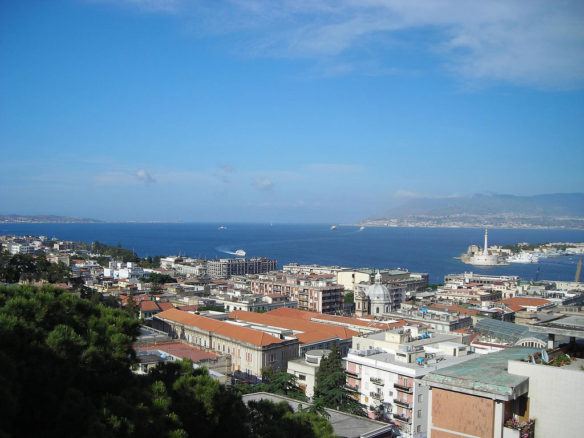
Lo Stretto de Messina. Photo source: ©© Vito Manzari
The Strait of Messina is the narrow passage between the eastern tip of Sicily (Punta del Faro) and the western tip of Calabria in the south of Italy. It connects the Tyrrhenian Sea to the north with the Ionian Sea to the south, within the central Mediterranean.
Excerpts;
“Like so many other parts of the ocean, as I crossed the Strait of Messina this morning I witnessed the effects of climate change, pollution, and overfishing. Even though this waterway is known as a biodiversity hotspot, I saw no fish during what ended up being a nearly 5.2km swim…”
Read Full Article, Huffington Green (09-27-2016)
Here’s How Much Plastic Ends Up In the World’s Oceans,The Time (02-13-2015)
Every year, 8 million metric tons of plastic end up in our oceans, it’s equivalent to five grocery bags filled with plastic for every foot of coastline…
The Ocean Is Contaminated by Trillions More Pieces of Plastic Than Thought, IOP Science (12-08-2015)
This new study suggests there are 15 to 51 trillion micro plastic particles (those less than 200 millimeters in size) in the world’s oceans, weighing between 93 and 236,000 metric tons. This is about seven times more than scientists had previously estimated…
More plastic than fish in the sea by 2050, Guardian UK (01-19-2016)
One refuse truck’s-worth of plastic is dumped into the sea every minute, and the situation is getting worse, according to a new report launched at the World Economic Forum today. New plastics will consume 20% of all oil production within 35 years, up from an estimated 5% today…
Plastic Waste Causes $13 Billion In Annual Damage To Marine Ecosystems, UN (06-2014)
Concern is growing over widespread plastic waste that is threatening marine life – with conservative yearly estimates of $13 billion in financial damage to marine ecosystems, according to two reports issued at the inaugural meeting of the United Nations Environment Assembly.
Plastic Contaminates Ocean Sourced Table Salt, Scientific American (10-30-2015)
When researchers analyzed fifteen brands of common table salt bought at supermarkets across China, they found among the grains of seasoning micro-sized particles of plastic. The highest level of plastic contamination was found in salt sourced from the ocean…
Plastic Pollution: “When The Mermaids Cry: The Great Plastic Tide,” Coastal Care
For more than 50 years, global production and consumption of plastics have continued to rise. An estimated 300 million tons of plastics were produced in 2015, confirming and upward trend over the past years, according to a new report by the World Economics Forum, released at Davos in January 2016.
Plastic is versatile, lightweight, flexible, moisture resistant, strong, and relatively inexpensive. Those are the attractive qualities that lead us, around the world, to such a voracious appetite and over-consumption of plastic goods. However, durable and very slow to degrade, plastic materials that are used in the production of so many products all, ultimately, become waste with staying power. Our tremendous attraction to plastic, coupled with an undeniable behavioral propensity of increasingly over-consuming, discarding, littering and thus polluting, has become a combination of lethal nature…
People may be breathing in microplastics, health expert warns; Guardian UK (05-10-2016)
People could be breathing in microparticles of plastic, according to a leading environmental health expert, with as yet unknown consequences on health…
Biodegradable Plastics Are Not the Answer to Reducing Marine Litter, Says UN; UN News Center (11-23-2015)
Widespread adoption of products labelled ‘biodegradable’ will not significantly decrease the volume of plastic entering the ocean or the physical and chemical risks that plastics pose to marine environment, concluded a UN report released today…
Collecting plastic waste near coasts ‘is most effective clean-up method’, Guardian UK (01-19-2016)
Loving the Ocean Starts at Home; National Geographic (09-08-2016)

